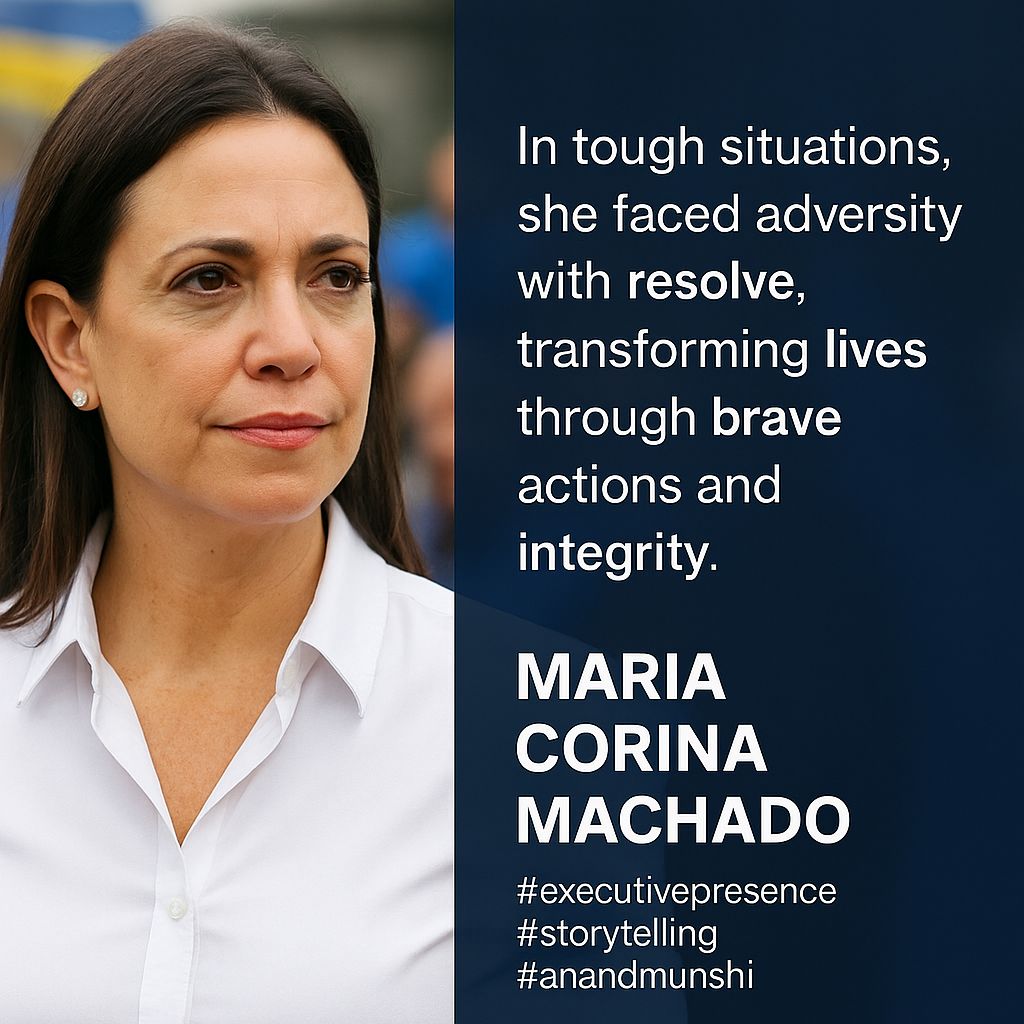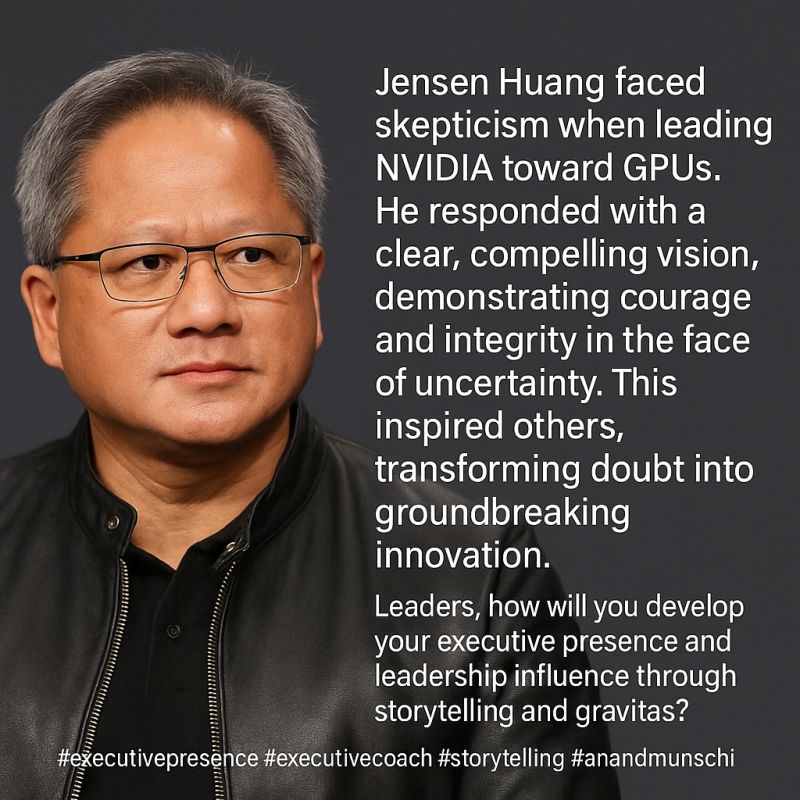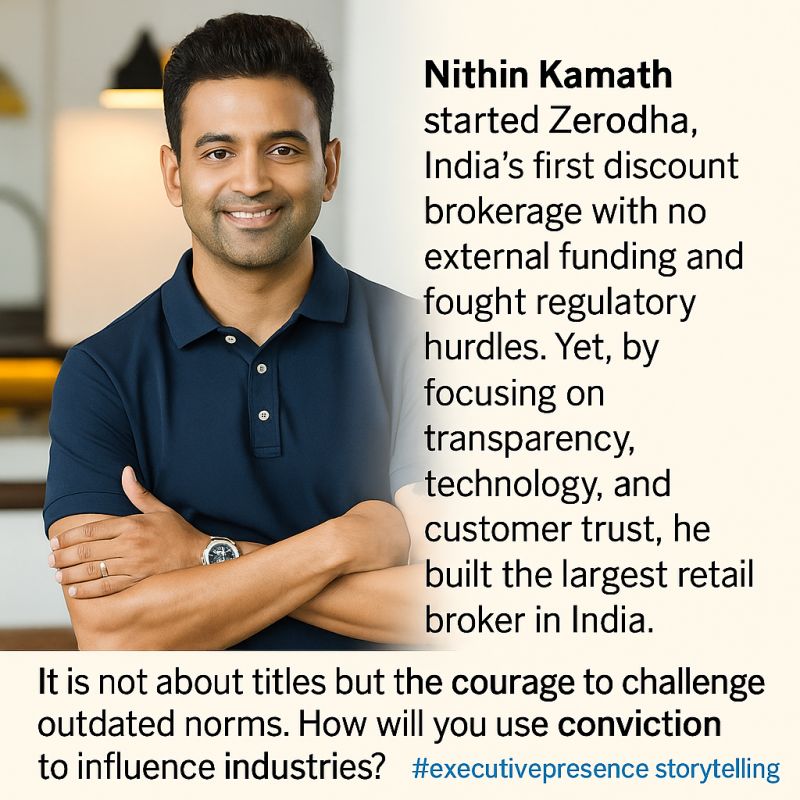“The best way to predict the future is to create it.” — Peter Drucker
In an era dominated by Artificial Intelligence, leaders are discovering that what sets them apart is not just technical fluency but clarity of thought, emotional intelligence, and executive presence. According to a 2024 McKinsey report, over 70% of CEOs globally believe AI will reshape leadership roles, demanding sharper decision-making, deeper empathy, and a renewed ability to inspire. That’s why executive coaching and storytelling are no longer “good-to-have” tools but essential catalysts for navigating disruption.
Here are eight powerful ways leaders are harnessing executive coaching in an AI-dominated world:
1. Building Human-Centered Decision Making
While AI optimizes efficiency, leaders like Sundar Pichai at Google emphasize human judgment in balancing innovation with ethics. Executive coaching helps refine this discernment, ensuring leaders integrate empathy and fairness into data-driven choices.
2. Enhancing Executive Presence in Digital-First Workplaces
With hybrid work as the new normal at companies like Microsoft, Satya Nadella has shown how presence is conveyed through clarity and calm, even on a screen. Coaching trains leaders to project credibility and warmth across virtual platforms—critical in influencing distributed teams.
3. Crafting Compelling Narratives Amid Data Overload
AI generates insights at scale, but leaders must tell the story behind the data. At Apple, Tim Cook has often reframed complexity into simple, human-centered narratives. Storytelling, strengthened through coaching, becomes the bridge between data and inspiration.
4. Strengthening Resilience in Uncertainty
The unpredictability of AI adoption can unsettle entire industries. Walmart’s Doug McMillon leaned on coaching to build resilience, helping teams adapt while maintaining confidence in the organization’s long-term vision. Resilient leaders not only adapt—they inspire others to thrive in change.
5. Driving Innovation Without Losing Integrity
AI opens vast opportunities but also raises concerns about bias, transparency, and misuse. Executive coaching helps leaders clarify values, as demonstrated by Disney’s Bob Iger, who prioritized ethical creativity alongside technological adoption. Coaching equips leaders to innovate responsibly.
6. Elevating Collaboration Across AI-Human Ecosystems
AI shifts how humans and machines collaborate. Executive coaching helps leaders at companies like Tesla and SpaceX, led by Elon Musk, to frame cross-disciplinary collaboration as the heart of progress. It trains leaders to communicate vision across diverse, tech-heavy teams.
7. Turning Fear of Replacement into Opportunities for Growth
Many employees fear AI will replace them. Leaders need to flip that narrative. Coaching enables them to reassure, re-skill, and inspire people to see AI as an enabler, not a threat—creating psychological safety, the way Google’s leadership did with Project Aristotle.
8. Sustaining Influence Through Authenticity
In a noisy AI-driven landscape, authenticity becomes a differentiator. Coaching and storytelling sharpen a leader’s ability to remain consistent and real, making influence sustainable. Authentic leaders cut through noise and mobilize trust, just as Microsoft’s Nadella continues to model.
Conclusion
AI is not eliminating the role of leaders; it is elevating the standards by which leaders are judged. Executive coaching, practiced consistently, helps leaders thrive amidst uncertainty, ambiguity, and complexity—transforming them into role models who create value, build trust, and sustain influence in the AI era.
#AnandMunshi #ExecutiveCoaching #ExecutivePresenceCoaching
Learn more at www.anandmunshi.com.



















